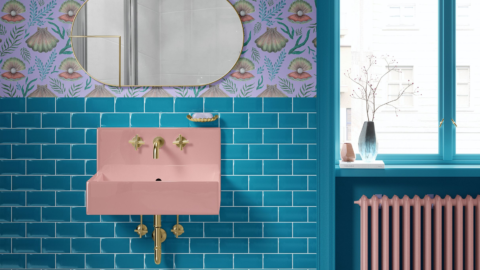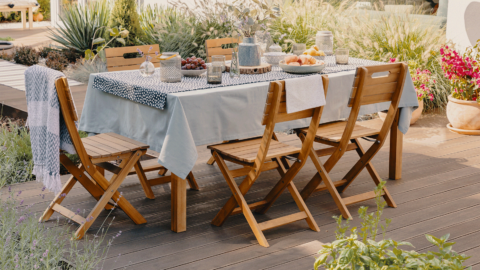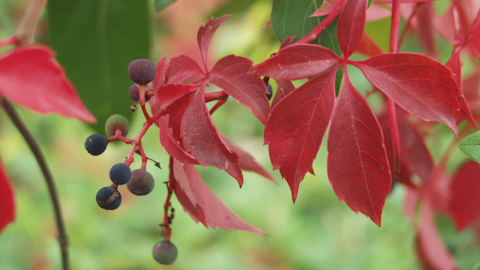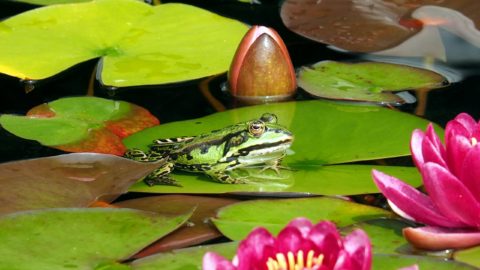Do Your Bit For Britain’s Garden Birds
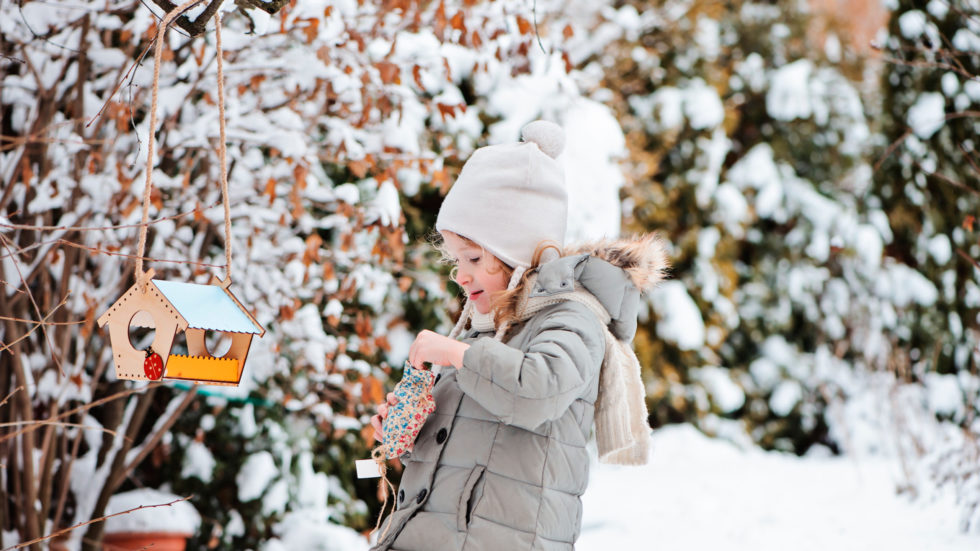
For many of us, watching garden birds play in the winter morning dew is a cute sight but the romantic image does not come without playing your part to help our feathered friends out. In the depths of winter, you can do your bit by following some simple top tips for visiting garden birds as they fight the freezing winter weather.
During January, natural food sources are in short supply, the weather is colder, and, with it being colder, birds require extra food to keep their energy levels up to stay warm. This is where we can all help them out, by following a few simple tips:
Do’s
Offer as wider a variety of food, especially fatty foods which are high in protein, fat balls are a good choice – they can contain lard or beef suet giving our feathered friends plenty of energy in the colder months, try to avoid using ones in which a bird can become easily tangled and sadly injured.
Fat balls can be purchased from most garden centres or supermarkets, or why not try making your own at home? Making your own can be a fun and easy activity that you can enjoy doing with your children or grandchildren.
Avoid using chicken, turkey or vegetable fat as these fats can easily be transferred onto the bird’s feathers during preening, resulting in clogging feathers which can hinder flight.
Feed birds on a regular basis, birds rely on it and are creatures of habit – pick a time each day you will be free to top up those feeders, then your birds will not waste precious energy reserves visiting and hunting for their food.
Think about bird planting when it comes to gardening – like us, birds look for shelter to keep themselves warm, evergreens are a good source of shelter and will offer them some comfort in the cold weather so think about cover.
Don’ts
Resist feeding garden birds bread, especially white bread, it will not give them the energy they require to survive, and it is likely to bloat them, making them feel full so they no longer look for good-quality food.
Avoid milk too, which can often upset their tummies and make them ill as can mouldy or stale food. Salty food should be avoided as it can dehydrate, and desiccated coconut can swell in birds’ little stomachs.
Steer clear of plastic net feeders, the plastic nets around fat balls for example, can be dangerous for birds – they can suffer nasty injuries – most garden centres offer wire cages at little cost to you.
Be sure to not let your bird bath freeze, birds can struggle to find water during winter as ponds and puddles may be frozen so by keeping your bird baths or a water bowl clean and frost free will really help them in winter.


